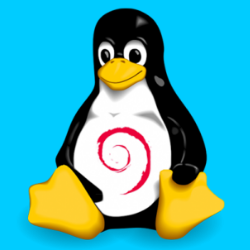
Linux distributions for cybersecurity professionals
Linux distributions for cybersecurity professionals Here is the complete list of all secure Linux distributions that are developed for protecting […]

COMPREHENSIVE LIST OF ALL LINUX OS DISTRIBUTIONS
COMPREHENSIVE LIST OF ALL LINUX OS DISTRIBUTIONS Self-paced training The following Linux distributions have usually been around for a while […]

Linux
Linux is an open-source Unix-like operating system based on the Linux kernel, an operating system kernel first released on September […]

List of all special purpose Linux distributions
List of all special purpose Linux distributions All the Linux distributions listed in this page are specialized for a particular […]

Linux Based-On
Introduction Linux is an open-source Unix-like operating system based on the Linux kernel, an operating system kernel first released on […]
